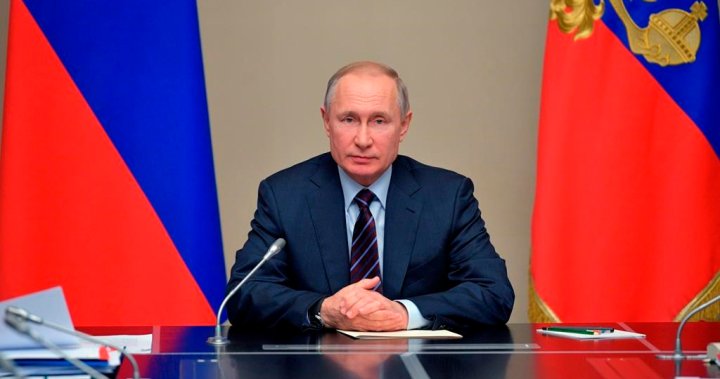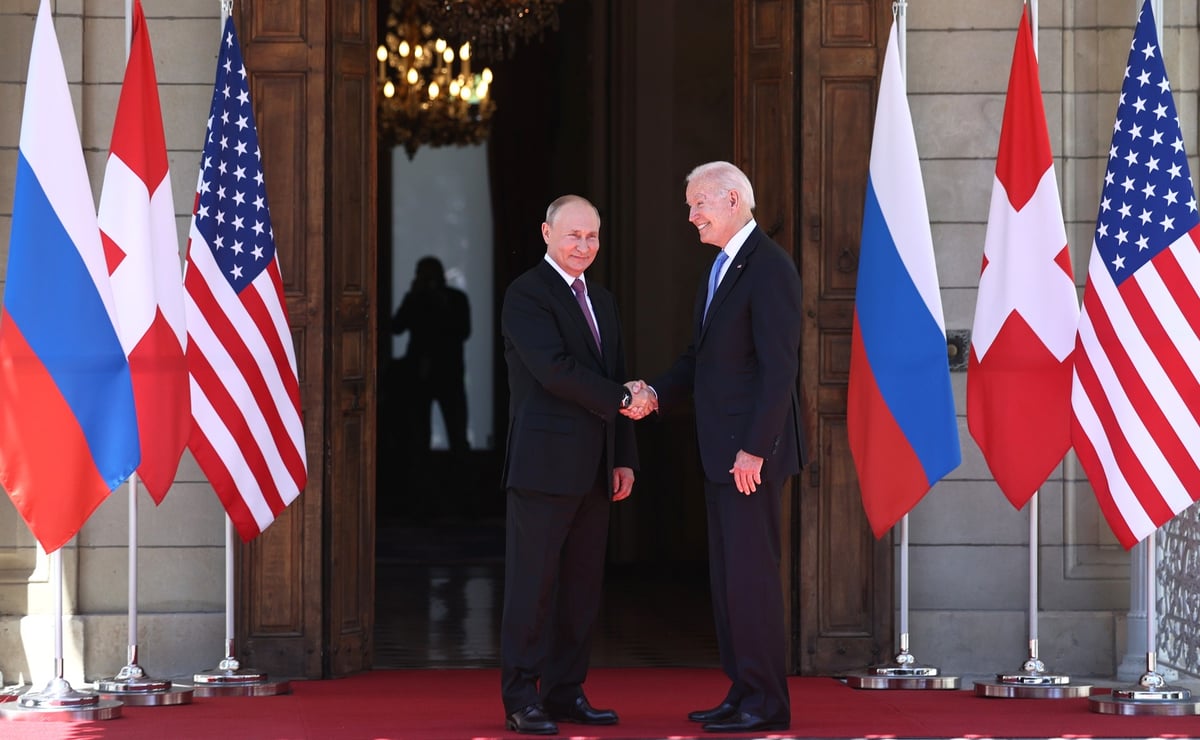Litwin
Diamond Member
The United States urged Russia on Wednesday to pull back its troops from the Ukrainian border, warning that a Russian invasion would provoke sanctions that would hit Moscow harder than any imposed until now.
"We don't know whether President (Vladimir) Putin has made the decision to invade. We do know that he is putting in place the capacity to do so on short order should he so decide," U.S. Secretary of State Antony Blinken said.
"Should Russia follow the path of confrontation, when it comes to Ukraine, we've made clear that we will respond resolutely, including with a range of high impact economic measures that we have refrained from pursuing in the past."
/cloudfront-us-east-2.images.arcpublishing.com/reuters/X6VQLLY7S5KR3AUDBXCAML2QGY.jpg)
 www.reuters.com
www.reuters.com
Its clear like a sunny day that USA sanctions from the hell can bring Putin´s empire down , if Moscow invades Ukraine again, will Biden do what R. Reagan did to ussr&Marxism ?

"We don't know whether President (Vladimir) Putin has made the decision to invade. We do know that he is putting in place the capacity to do so on short order should he so decide," U.S. Secretary of State Antony Blinken said.
"Should Russia follow the path of confrontation, when it comes to Ukraine, we've made clear that we will respond resolutely, including with a range of high impact economic measures that we have refrained from pursuing in the past."
/cloudfront-us-east-2.images.arcpublishing.com/reuters/X6VQLLY7S5KR3AUDBXCAML2QGY.jpg)
U.S. tells Russia to pull back from Ukraine or face painful sanctions
The United States urged Russia on Wednesday to pull back its troops from the Ukrainian border, warning that a Russian invasion would provoke sanctions that would hit Moscow harder than any imposed until now.
Its clear like a sunny day that USA sanctions from the hell can bring Putin´s empire down , if Moscow invades Ukraine again, will Biden do what R. Reagan did to ussr&Marxism ?



